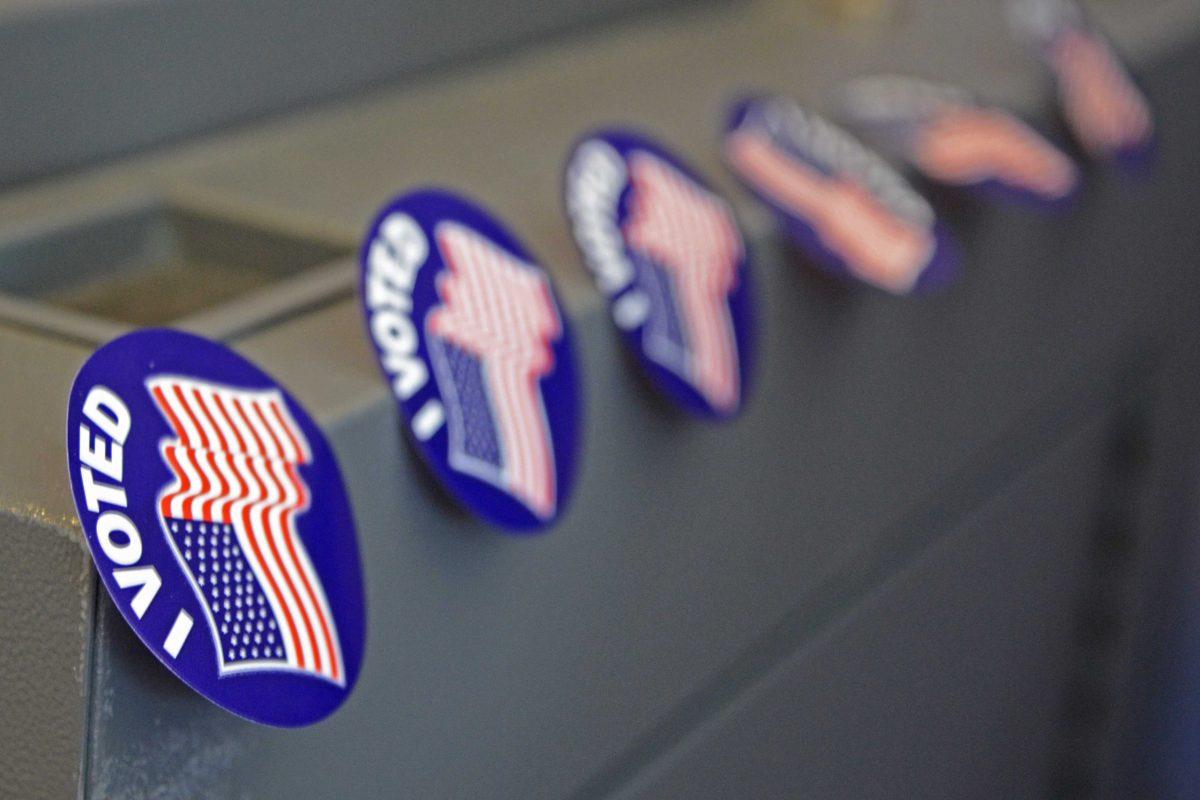With such a turbulent presidential race, it is easy to forget the importance of down-ballot candidates and measures, despite the lasting impact they have on our communities and our lives.
This is especially true for Amendment 5, which appears on this year’s Louisiana ballot as follows: “Do you support an amendment to authorize local governments to enter into cooperative endeavor ad valorem tax exemption agreements with new or expanding manufacturing establishments for payments in lieu of taxes?”
This seemingly innocuous and confusingly worded amendment would allow corporations to negotiate their property taxes by making upfront payments instead, lowering the overall amount paid to local governments and potentially eliminating property tax for some corporations entirely.
Understanding how this amendment even came to the Louisiana ballot is vital in realizing who it is meant to serve.
Energy company Cameron LNG spent millions lobbying for this amendment because its current tax exemption status is about to expire. Yes: this amendment is appearing on your ballot because a foreign conglomeration needs to tweak the rules to better suit them.
If only the government were that receptive to its actual constituents.
If made to pay property taxes like the rest of the community in which it resides, Cameron LNG would have a bill of about $220 million. This means money that could be going to Cameron Parish public schools and other vital public services is instead being pocketed by a foreign company operating within state lines.
The passing of this amendment would mean Cameron Parish will never see that money, and many more parishes in Louisiana would see revenue drop significantly.
The ramifications of this would be disastrous. School funding relies on property tax. Unfortunately, this means that the wealthier an area is, the more funding its public schools are able to get. This also means that when corporations are suddenly able to lower or eliminate their property taxes, only two options remain: either regular tax payers make up the difference, or already-underfunded schools and public services go without the necessary provisions.
The first option should be out of the picture, especially during a historic economic crisis. Louisiana is already overly friendly with corporations, as evidenced by Cameron LNG’s current tax exemption status and its ability to successfully lobby for an amendment to be put on the Louisiana ballot. Not only that, but the state pays out so much in corporate subsidies that it gives corporations $210 million more than it collects in corporate taxes — and taxpayers foot the bill.
The second option is the reason Louisiana teachers have stood in firm opposition to this amendment.
In comparison with the rest of the country, Louisiana is currently ranked fourth worst for its public schooling and fifth worst for its high school graduation rate. Amendment 5 would cut funding to schools that desperately need it, ultimately moving Louisiana backward on this key issue.
Teachers need higher salaries, students need access to quality materials and our schools must be able to afford necessary sanitary equipment to protect the lives of children and workers during a pandemic. Jeopardizing school funding so corporate boards can cut themselves a larger check is unconscionable.
Dr. Tia Mills, the president of the Louisiana Association of Educators, framed her opposition to Amendment 5 in this way: “We have a choice. We can keep shipping our public school money to corporations in other countries or we can keep that money here and invest it in our children. The teachers of this state oppose Amendment 5 because we want to invest in our children.”
In a time of extreme financial pain, our government felt the appropriate economic priority to present voters with was the fine-tuning of a system set up to maximize corporate profit.
When you step up to the ballot box, remember that corporate welfare perpetuates inequality in states like Louisiana and is an unfortunate manifestation of our government’s tendency to value corporations over communities. The future of our state economy is on the ballot this election. Let’s choose wisely.
Claire Sullivan is an 18-year-old coastal environmental science freshman from Southbury, CT.







